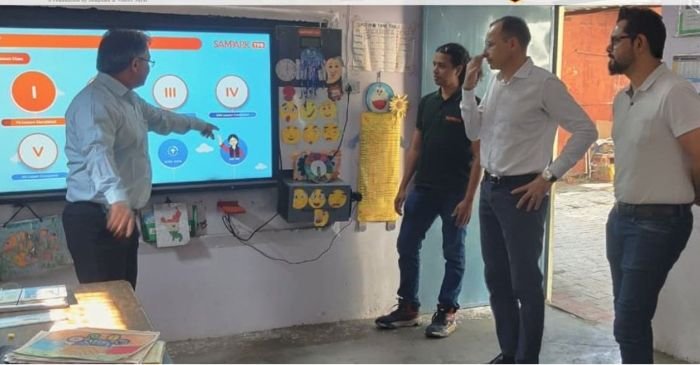
The 4-day International Conference on Sustainable and Resilient Futures (ICSRSF) from August 29 to September 1, 2025, at Amrita Vishwa Vidyapeetham’s Amritapuri Campus in Kollam (Vallikavu), Kerala, India, Asia’s first fully carbon-neutral international sustainability conference, jointly organized by the Amrita School for Sustainable Futures, the UNESCO Chair on Experiential Learning for Sustainable Innovation and Development, and the International Network for Sustainable Innovation and Resilient Futures drew nearly 1,000 participants from over 20 countries, and more than 80 expert lectures, hackathons, symposiums, workshops, and paper presentations.
As part of the conference, three digital platforms were launched, including the SREE (Sustainability and Resilience by Community Engagement and Empowerment) platform, which leverages geo-enabled indicators to strengthen community resilience. This aligns with global adaptation priorities: the UN notes that climate-related disasters displaced over 32 million people worldwide in 2022 alone, underscoring the need for community-based resilience frameworks.
The inaugural session featured senior leaders from bureaucracy including Uma Mahadevan Dasgupta IAS, Additional Chief Secretary and Development Commissioner of Karnataka, and K. V. Shaji, Chairman of NABARD. Swami Poornamritananda Puri, General Secretary of the Mata Amritanandamayi Math, delivered the benedictory address. Senior leaders from Amrita University, including Dr. P. Ajith Kumar (Registrar), Dr. Maneesha V. Ramesh (Provost), Dr. Bipin G. Nair (Dean, School of Biotechnology), and Dr. M. Ravishankar (Principal, School for Sustainable Futures), were also present.
Dr. Tim Curtis, Director of the UNESCO Delhi Office and Representative for India, Bhutan, Sri Lanka, and the Maldives speaking about the success of the event said, “Through the Partnership for Greening Education, over 1,300 NGOs, private sector actors, and educational institutions are embedding green curricula, teaching, and communities in a whole-of-system approach. Sustainability is not just a goal but a principle that secures the needs of people today without compromising future generations. UNESCO’s long-standing Man and the Biosphere Programme reflects this vision, conserving nature while reconciling humanity with the ecosystems on which it depends.”








